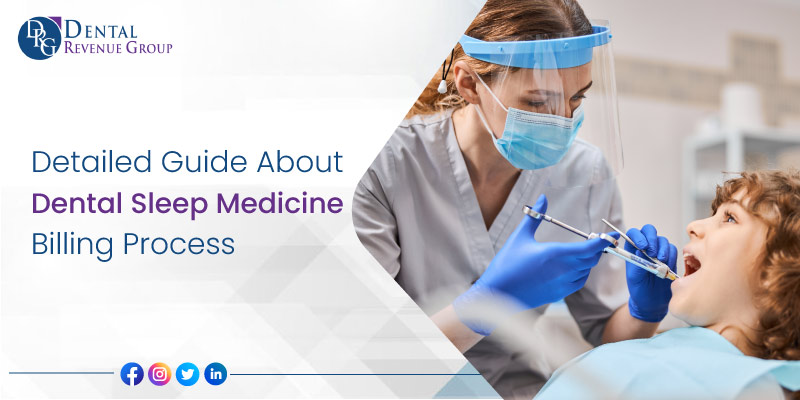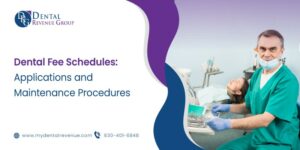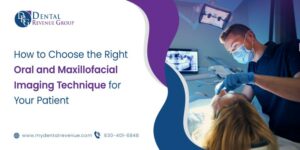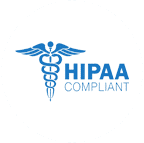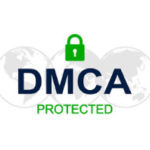People who suffer from obstructive sleep apnea, snoring, and other problems can cause a lot of distress. Dental sleep medicine is a combination of dentistry and sleep medicine used to treat these issues by helping you breathe more easily at night. Sleep apnea is a common disorder, and an estimated 10 million Americans suffer from it. The good news is that several treatment options are available for this condition, including oral dental appliances, oral hygiene products, advanced mandibular devices, and even surgery if necessary.
What is Dental Sleep Medicine?
Dental sleep medicine combines dentistry and sleep medicine to treat snoring and obstructive sleep apnea. This type of treatment can be carried out in the dentist’s office or by an oral surgeon and involves prescribing an appliance to help you breathe. Dental appliances are devices worn at night to keep your airway open while you sleep.
Obstructive sleep apnea is a condition that affects the way your body breathes. It occurs when you stop breathing for short periods during sleep, which can cause you to wake up repeatedly throughout the night. Obstructive sleep apnea can lead to other health problems, such as high blood pressure and diabetes. Dental Sleep Medicine Specialists are board-certified specialists who specialize in treating these conditions through oral medications combined with counseling sessions to help them improve their quality of life through better sleeping patterns.
How Does the Dental Sleep Medicine Billing Process Work?
Dental sleep medicine billing is the procedure of submitting medical claims for obstructive sleep apnea (OSA) treatment with oral appliance therapy. Major medical insurance coverage and Medicare cover oral appliance therapy for OSA. Medical insurance is the proper billing source for dental sleep medicine procedures. Dental Sleep Medicine has been one of the fastest-expanding services in dentistry in the previous decade.
How To Start Billing Dental Sleep Medicine Insurance?
You must provide information to secure medical insurance payment for dental sleep medicine. Dental sleep medicine billing is not complicated, and the establishment of correct processes is important. Dental sleep medicine insurance billing includes the following important portions:
- A physician’s diagnosis of obstructive sleep apnea.
- A physician’s written order or prescription for an oral appliance.
- The patient questionnaire includes medical history, Sleepiness Scale, and sleep history.
- Extensive documentation or a narrative report on questionnaire results and exam findings.
As more dentists start to fulfill their responsibilities in dental sleep medicine, many questions about billing oral appliances to medical insurance arise. The proper documentation and equipment are essential for effectively billing oral appliances to medical insurance. Dental insurance does not cover sleep apnea because it is a medical problem. This testifies to the need for medical insurance. Medical insurance is another option for payment, but it depends on the patient’s specific illness and insurance coverage advantages.
High Deductibles, Limitations, and Medicare
It is between the patient and their insurance carrier if they have a high deductible. If they select a lower premium plan, their deductible is larger. Some people benefit from having the oral appliance applied to their deductible. If the health insurance has a CPAP requirement or a Policy Limitation, an oral appliance case cannot be billed to medical insurance.
Management of denials and documentation
Documentation is critical to successfully billing medical insurance for an oral appliance. The minimum criteria are as follows:
- A board-certified sleep specialist diagnoses sleep apnea.
- Copy of the sleep test findings
- CPAP Affidavit
- Notes from the dentist’s clinical chart
Dental professionals must collect copies of their office notes, necessary test findings, and other healthcare data from physicians to substantiate the medical necessity for the oral appliance requested.
- The health record should include documentation that the treating physician performed a face-to-face clinical evaluation before the sleep study to examine the patient for obstructive sleep apnea to meet Medicare criteria. The clinical evaluation should be noted in the patient’s records with a full narrative note in the physician’s format for other entries.
- The dental professional must keep confirmation of delivery documentation, which includes the beneficiary’s name, signature and date of signature, shipping address, date of the delivery, detailed description of the item (brand name, narrative description), and quantity delivered, once the oral appliance is conveyed to the patient. Claims for payment of oral appliances will be refused if sufficient proof of delivery documentation is not provided.
- A copy of the sleep study, office notes, and a statement of medical necessity or written order from a doctor should be given to the medical insurance. Verify that the medical histories include information about high blood pressure, sleep disturbances, cognitive or mood issues, heart disease, and any sleep apnea symptoms or co-morbidities.
Obstructive Sleep Apnea
The Obstructive sleep apnea service must be appropriate and medically required, as well as meet all Medicare coverage, coding, and billing requirements to be eligible for coverage. Following are the codes used to detect OAT.
Modifiers and HCPCS
- Code E0486 is only valid for custom-made mandibular advanced devices.
- E0486 – Adjustable or non-adjustable oral device/appliance used to minimize upper airway compressibility, custom built, includes fitting and modification.
- HCPCS code E0486 is the only reimbursable code for oral appliance therapy for OSA under Medicare.
- Other HCPCS codes, such as A9270, E0485, and E1399, are billable rather than a payment.
Oral appliance therapy HCPCS modifiers also include:
KX: The medical policy’s standards have been met.
EY: No doctor or other licensed healthcare provider order is required for this item or service.
GA: A waiver of liability statement was issued under payer policy (Item or service expected to be denied as not reasonable and necessary; Advance Beneficiary Notice of Non-coverage on file)
GZ: An item or service that is expected to be denied because it is not rational and required (No Advance Beneficiary Notice of Non-coverage on file)
NU: New equipment purchase
ICD-10 Codes
According to the American Academy of Dental Sleep Medicine, the only ICD-10-CM code demonstrating the medical need for dental appliance therapy is G47.33.
G47.33 Adult obstructive sleep apnea (pediatric)
Collaborate With A Third-party Provider For Dental Sleep Medical Billing Services
Many dental practices are choosing third-party providers for billing as they offer many benefits to the dental practice. These benefits include:
- More time for patient care
- Freeing up more staff hours
- Cutting down on staff costs.
- Reduce the time your team members spend calling insurance companies.
- Team members do not need as much training.
Dental practices collaborate with physicians to deliver oral appliance treatment (OAT), and they can depend on professional medical billing companies to help with claim filing. Using a third-party medical billing provider can be advantageous for dentistry clinics that do not have a team member to delegate medical billing. Although you may lose a portion of your medical reimbursement, employing a dental sleep medicine billing provider allows dental practices to start implementing dental sleep medicine more quickly and efficiently. A company that provides dental sleep medicine billing services has the opportunity to automate its processes with AI and save on resources, time, and money. DRG is the best dental billing service provider for dental sleep medicine practices. Billing is an essential component of the success of any practice, and DRG offers sleep medicine billing services that help dentists focus on what they do best – patient care. We provide a data-driven and personalized patient care experience for your practice’s patients from start to finish. Our team has helped more than 800 dental sleep medicine practices grow revenue by streamlining their billing process. We hope you found this article helpful if you are interested in learning more about how the dental sleep medicine billing process works.

